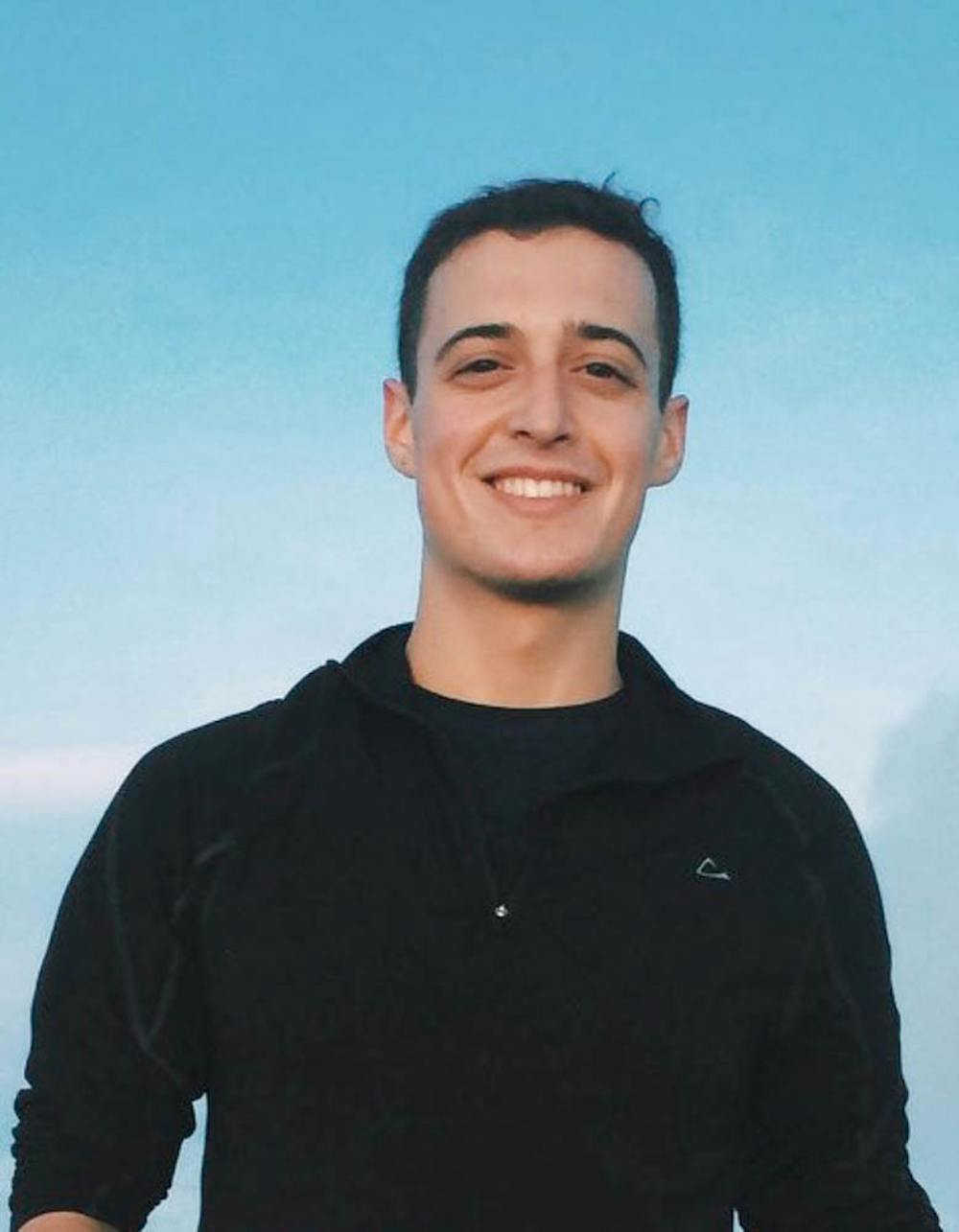Updated at 8:31 p.m. on Wednesday, Nov. 30, 2016.
For the first time since 2005, multiple Brown students were awarded the Marshall Scholarship, which covers the fees for two years of study in the United Kingdom. David Elitzer ’17 and Evan Silver ’16 are among those who will travel to the United Kingdom next year to pursue advanced degrees. Each year, up to 40 American students are awarded the scholarship, which is funded by the British government, according to the scholarship’s website.
“To say I’m excited is an understatement,” Elitzer said.
Elitzer, an archaeology concentrator, will focus his studies on the intersection of cultural heritage and foreign policy, specifically in the Middle East, he said.
After interning with a civilian archeologist in the U.S. Army and at the Rhode Island School of Design Museum, Elitzer said that he wants “to answer the question: How can we recognize the role that heritage plays in political conflict?”
To address these issues, Elitzer plans to obtain two one-year degrees, the first in international public policy from University College London and the second in archaeological heritage and museums from the University of Cambridge.
Silver received the award while he was about 10,000 miles away in Indonesia, where he is studying Balinese performance and culture through a Luce Scholarship he received last spring.
As an undergraduate, Silver studied literary arts with a focus on performance writing and was involved with many Production Workshop shows. Silver will use the Marshall Scholarship to "hone (his) artistic voice and craft, engaging with a wide range of artistic and cultural influences," he wrote in a follow-up email to The Herald.
American theater training is focused on the brain and text, whereas Balinese and other Eastern traditions emphasize the body and its physicality, Silver said. “British theater is a kind of perfect balance of the two,” he said, adding, "Britain is really the home of physical theater training as we understand it, as it lives in the cross section of Western-style theater but also dance- and movement-based theater."
To explore this blend of traditions, Silver will spend his first year at the Royal Central School of Speech and Drama in London, he said. For the second year, Silver may study something “more academic” like folklore or mythology, though he is still undecided, he added.
Elitzer and Silver stood out in the university’s overall pool of applicants, said Linda Dunleavy, associate dean of the College for fellowships. The two awardees were successful because they are “very particular” about their courses of study and have “a fair amount of clarity about their future direction,” she added.
Elitzer wants to work in a major museum or pursue a role in shaping heritage policy within the federal government, he said.
“I am someone who likes to explore opportunities as they present themselves,” Silver said, adding that he does not have any concrete plans after the Marshall award ends. But he will likely either explore becoming an artist in the United States or continue to travel and learn more about different forms of performance across the globe, he said.
The two recipients are also open and engaging, which probably helped them during the interview phase, Dunleavy said.
During Silver’s interview the day after the presidential election, he “did not hold back at all” regarding his liberal politics, he said. After receiving the congratulatory phone call the next day, Silver said, “I realized they may have liked my honesty. I was very much myself.”
Correction: A previous version of this article stated that Evan Silver ’16 said he “didn’t hold back (his) liberalness” and was worried about offending the interviewer. In fact, he said he "did not hold back at all" regarding his liberal politics. The previous version also stated that Silver will use the scholarship to "fuse" his experiences in Providence and Bali. In fact, he will use it to explore forms of art different from those he has experienced in American and Balinese contexts. The Herald regrets the errors.





